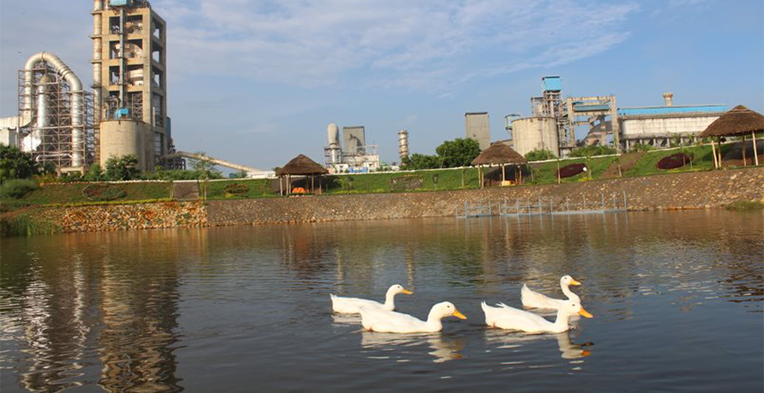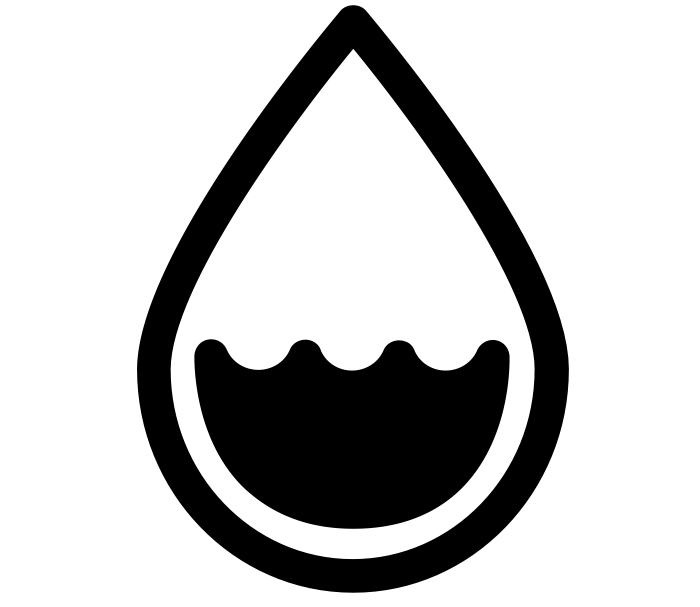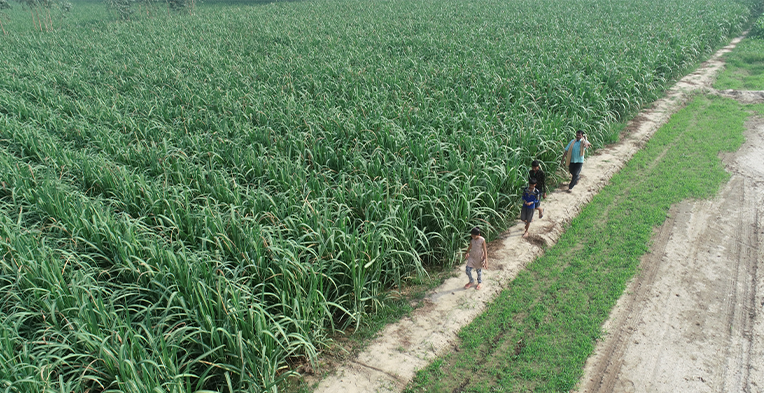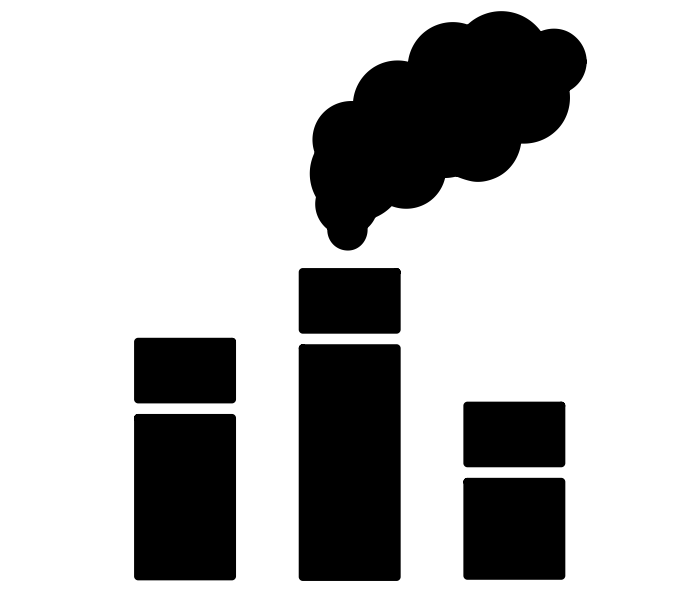Committed to the environment and consistently focused on sustainable practices, the Dalmia Bharat Group has evolved as a powerful and distinct brand that commands respect as an environmentally responsible business group. The group’s cement business is globally ranked No. 1 by CDP in 2018 on business readiness for a low carbon transition and has achieved the lowest carbon footprint in the cement sector globally.
It follows the business philosophy of ‘Clean & Green is Profitable and Sustainable’ to create positive environmental and social impacts. By replacing conventional fuels and raw materials with alternative solutions, the group continues to expand its overall renewable energy portfolio. Its blended cement portfolio and continued investment in technology reduce any adverse impact on the planet.
With a clear thrust on improving efficiency in all practices and technological innovations, the group is dedicated to operate its facilities with the utmost respect for the communities and environment it exists in.






































